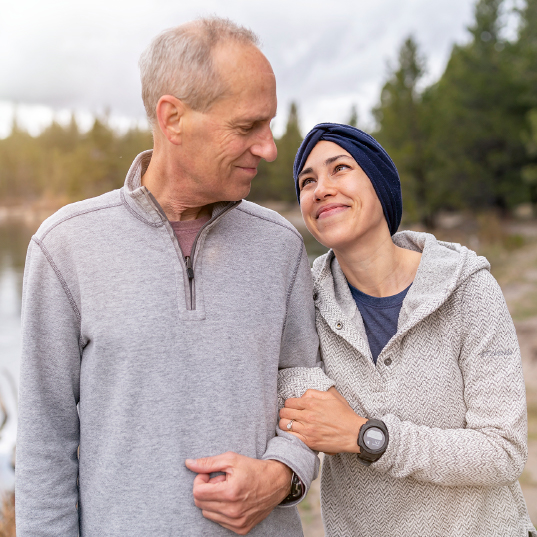
Why participate in clinical trials? Cancer affects us all, whether we have it, care about someone who does or worry about getting it in the future. Clinical trials contribute to knowledge and progress against cancer. If a new treatment proves effective in a study, it may become a new standard treatment that can help many patients.
Today’s most effective standard treatments are based on previous study results.
Clinical trials offer the most promising new ways to:
- Treat cancer
- Manage symptoms of cancer or side effects from treatment
- Screen and diagnose cancer
- Prevent cancer
We participate in clinical trials because we want to improve the health and quality of life of our patients. All of the cancer medicines that people currently use as part of their treatment came from clinical trials. With the participation of people like you, new medicines can be approved for use.
